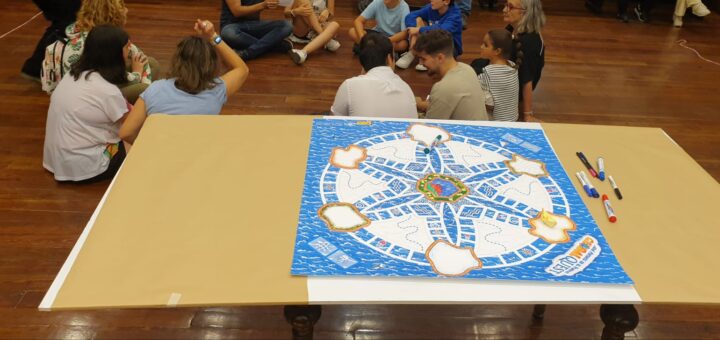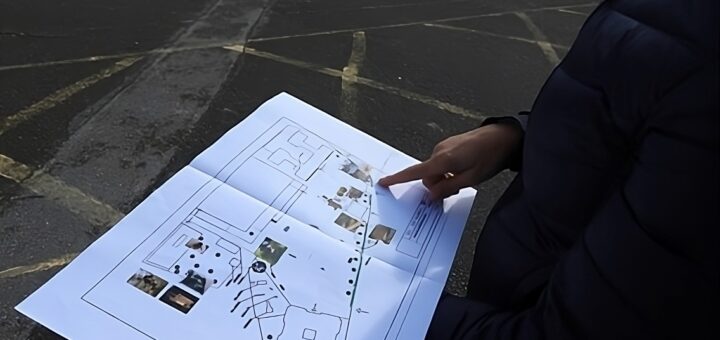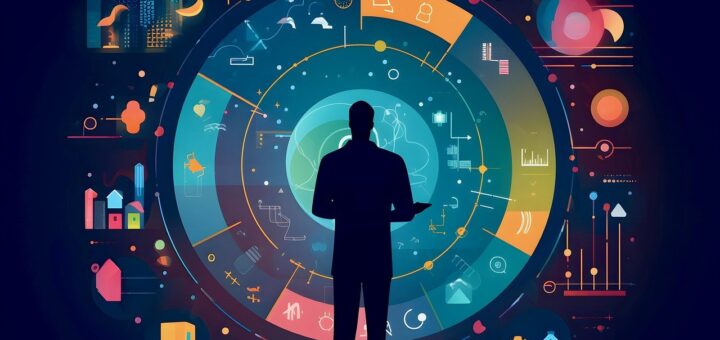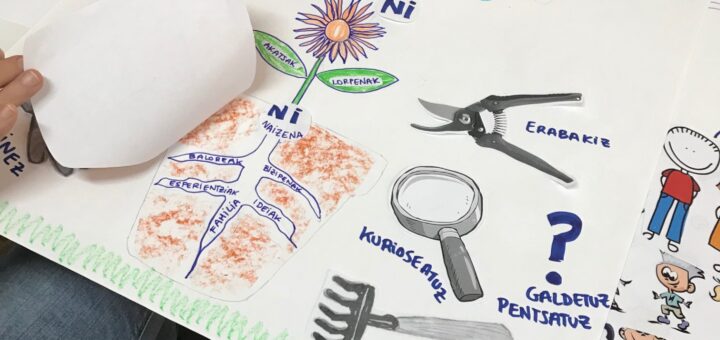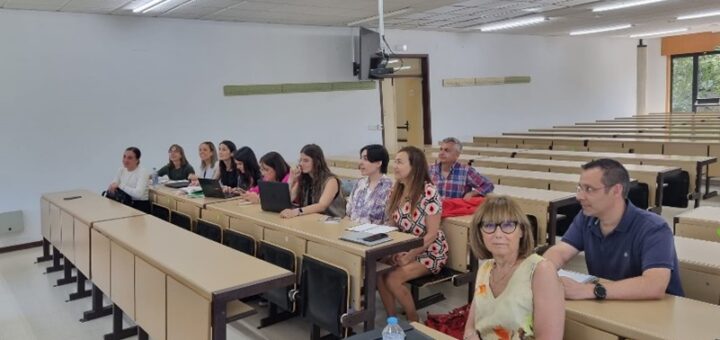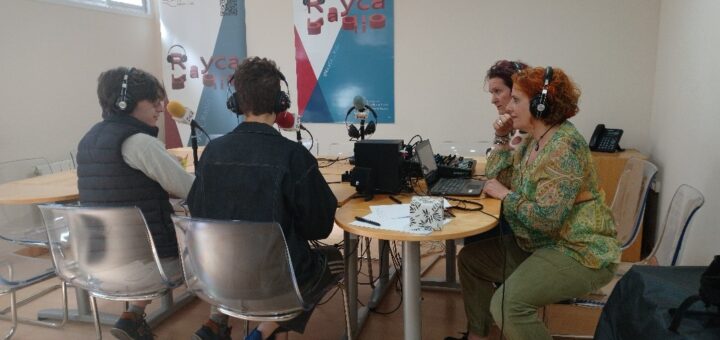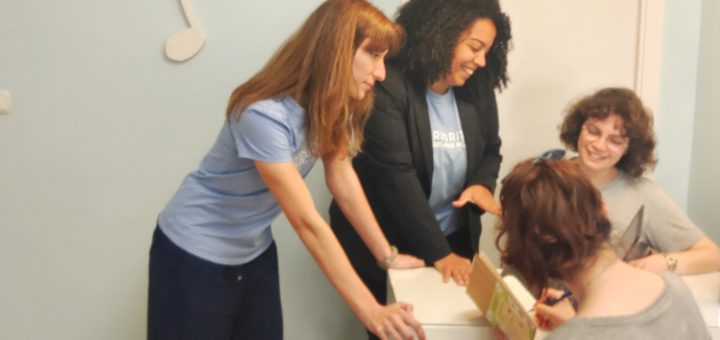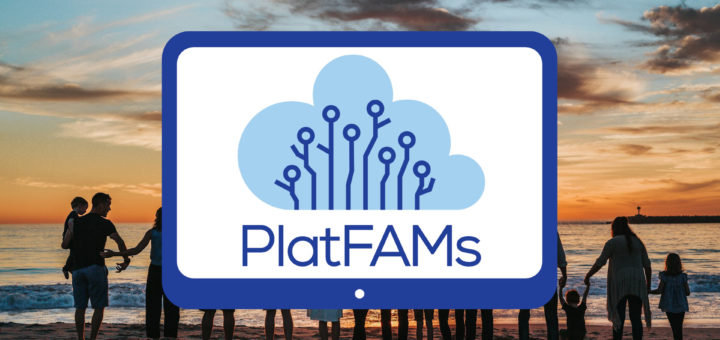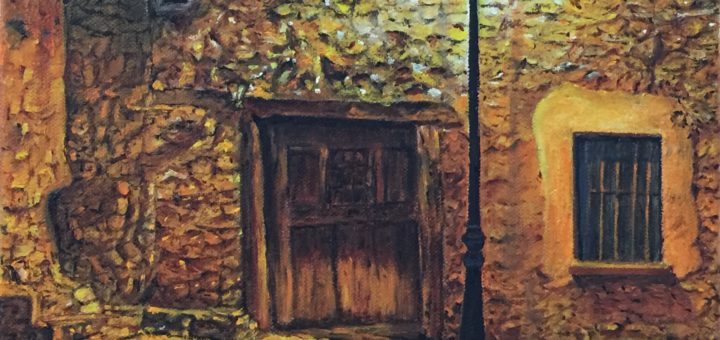Global Quest. Game-based participatory and co-design research methodology
In the context of the research project “The construction of global citizenship with young people: researching transformative practices with participatory and inclusive methodologies”, (PID2020-114478RB-C22 funded by MCIN/AEI/ 10.13039/501100011033 Oviedo) we seek to understand how adolescents construct global citizenship in different spaces and contexts in Asturias (Fueyo et al. 2023a y2023b).
To this end, we have used several participatory and co-design methodologies in which young people play a leading role (Calvo-Salvador et al. 2023; Rodríguez_Hoyos et al. 2023). One of the results of these methodologies has been the design of a cooperative game called “Global Quest: what do we paint on the planet?”
